Gary Kadi, CEO, NextLevel Practice, Marks 20 Years of Innovative, Team-Based Consulting
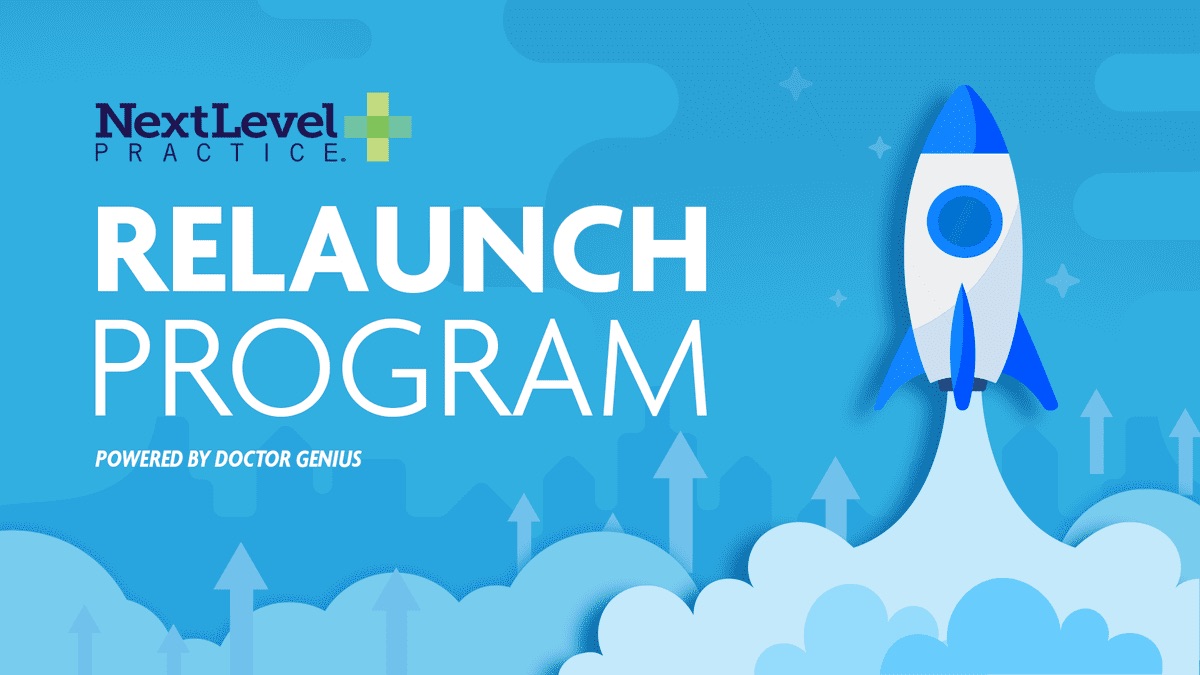

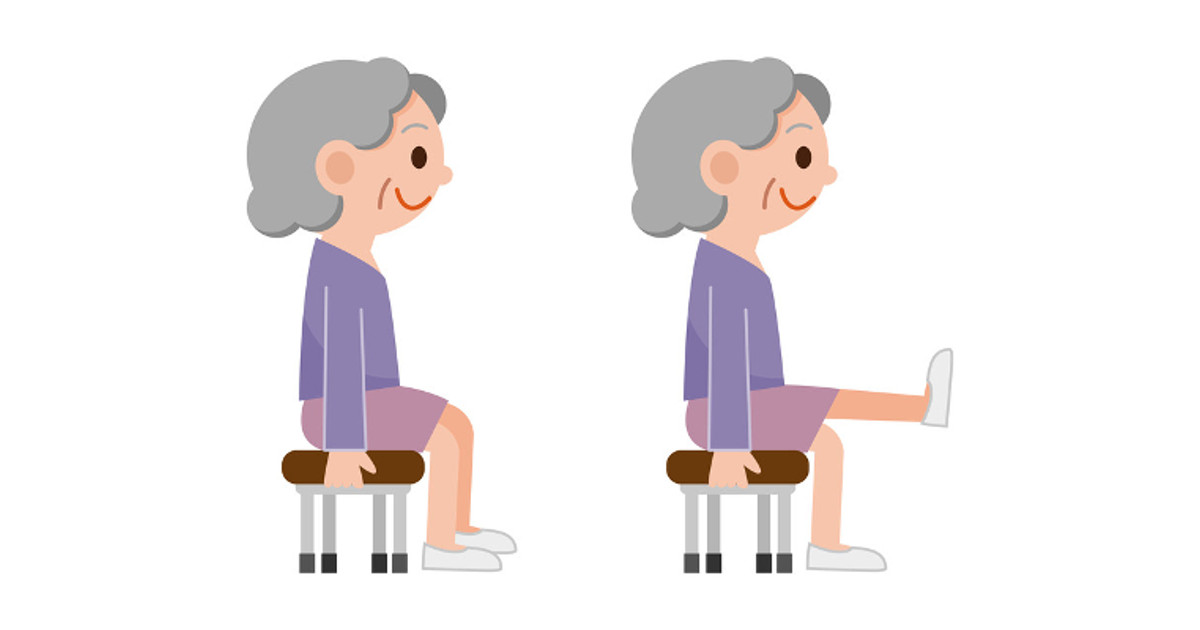
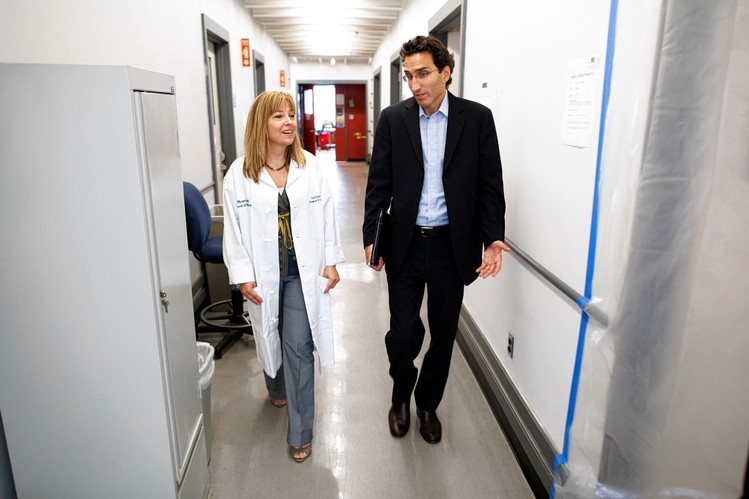
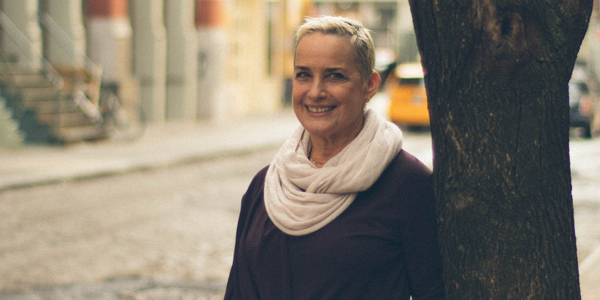
In 1994, Rochelle DiRe left the art world for a career in HR and hasn’t looked back. Since, she’s worked in the rapidly evolving media industry (including for Time Warner and Martha Stewart Omnimedia) as well as for a host of NYC startups (LimeWire, Quirky, Intent Media Inc, and Managed by Q). She is now the Chief People Officer at Blink Health.![]() Read more
Read more
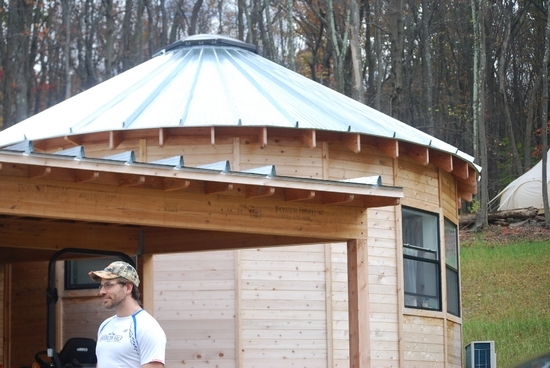
DIRT HEALTHY LIVING FROM THE GROUND UP
WOULDN’T IT BE NICE TO LIVE IN THIS ALL THE TIME?’
BY BECCA TUCKER
Welcome to Copperline Farm, says David Wannen as I pull up the long, meandering driveway. It’s not exactly a farm – not yet, anyway. The name comes from a nostalgic James Taylor song about the slice of rural North Carolina where Taylor grew up. But for Wannen and his wife, Dr. Jame Wannen, who just moved their family up to Dutchess County from the Bronx, the country life is chock full of romance. Even their hound dog taking off after a black bear was a thrill.
David hails from D.C., originally, and Jame from L.A. Now the pair of city mice have got 37 acres that lead right up to the Appalachian Trail. From laying their own flooring to learning to drive the tractor and the brush-hog, they are savoring it all.
So are their friends.
“In the age of Facebook, we shared every step,” said David, 39. “We had quite our audience. It really became almost famous among our friends.” ![]()
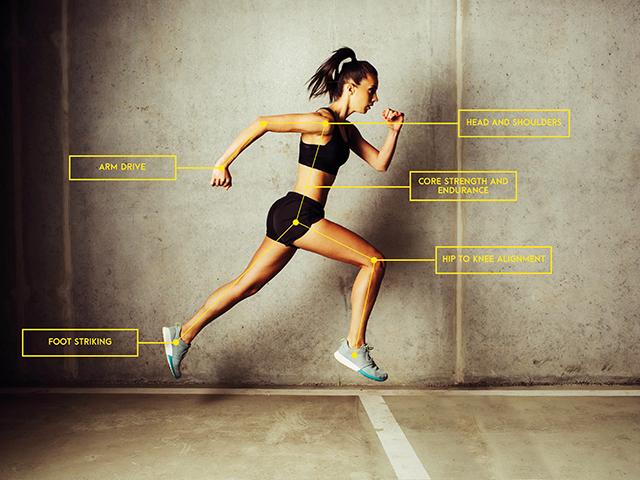
Ohio State University Wexner Medical Center
A new study examines what may cause chronic back pain in runners and the exercises to help prevent it. The study suggests that runners with weak deep core muscles are at higher risk of developing low back pain. And, unfortunately, most people’s deep core muscles aren’t nearly as strong as they should be. The study, published in the Journal of Biomechanics, suggests that runners with weak deep core muscles are at higher risk of developing low back pain. And, unfortunately, most people’s deep core muscles aren’t nearly as strong as they should be. To examine the role of the superficial and deep core muscles, researchers used motion detection technology and force-measuring floor plates to estimate muscle movements during activity. ![]()


The following is a clinical perspective from Dr. Geo, whose recent book on prostate cancer (Thrive Don’t Only Survive) is available and recommended.
A 63-year-old patient who is one year after prostate cancer surgery recently came to see me at my clinic following his recent diagnosis of recurrence PSA. He looked at me strangely, so I asked him, “What’s wrong?” He responded with “I thought I didn’t have ever to worry about prostate cancer again since I had it taken out. I expected my PSA to be zero forever. I’m confused.”![]()